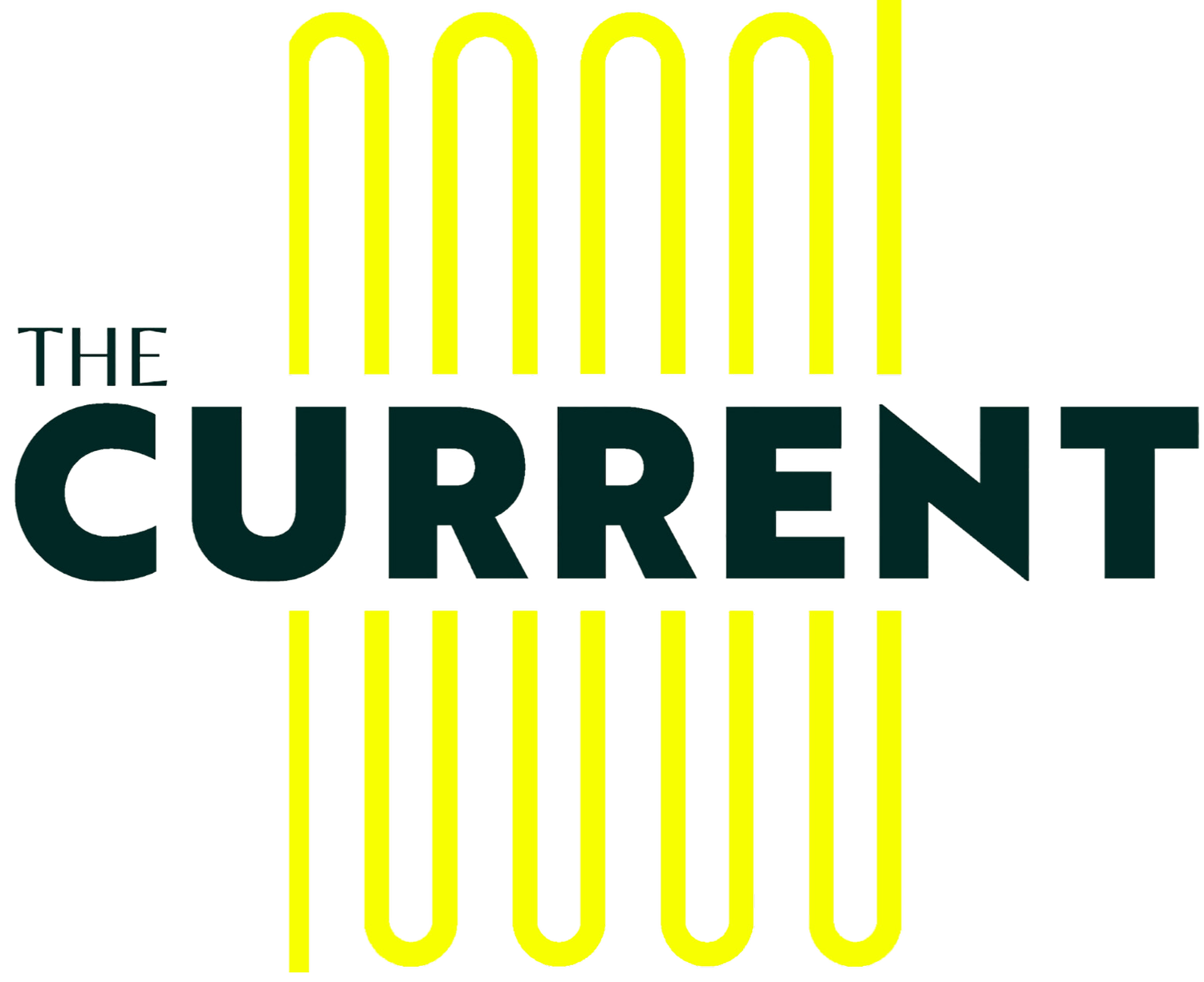How to advocate for knowledge management at your organization
Many researchers, designers and product managers feel the pain of knowledge management problems. Research is hard to find, studies are repeated by different teams, findings aren’t communicated effectively - the list goes on. So when I speak about knowledge management practices in webinars or at conferences, multiple people respond with, “we really need that!”
You can have that! And you should.
Effective knowledge management (KM) is crucial for good product and design decisions. It saves time and money, increases productivity and makes room for innovation. Who wouldn’t want those benefits?
There is a lot of statistical evidence out there that backs up the value of KM, too:
Up to 80% of organizational knowledge is tacit knowledge. Tacit knowledge is experiential - for example, a customer-facing employee (research, sales, customer support) might have regular conversations with customers. Do they document this knowledge? Or does it all stay “in their heads”?
Panopto conducted a study on knowledge sharing and found that unshared knowledge, employee turnover, and inaccessible information is extremely costly - to the tune of $12million for an organization of 5,000 employees.
There is an entire book devoted to employee turnover and loss of critical knowledge - because when an employee leaves, critical customer data goes with them, costing the org $50-$300K.
We can easily apply these statistics to the management of customer knowledge. At many companies, customer knowledge is collected by multiple teams - UX, CX, Design, Product, Customer Support, and Sales.
Poor KM results in decision makers picking and choosing from these various teams - most often based on how quickly and easily they can access that team’s customer knowledge. Wouldn’t it be better to have all customer knowledge on the same playing field, so that stakeholders can see it all and choose based on relevance and quality?
If you’d like to talk through more tactics to advocate for knowledge management at your organization, get in touch with me. If you’re not sure where your company’s needs fall on the KM spectrum, scroll down to grab my Knowledge Management Health Check.
¹ Botkin J, Seeley C. The knowledge management manifesto. Knowledge Management Review, 2001, 3(6): 6–21
² https://panopto.docsend.com/view/pzjpwm6
³ Leonard, Swap and Barton. Critical Knowledge Transfer. Harvard Business Review Press, 2015, p. 13.
